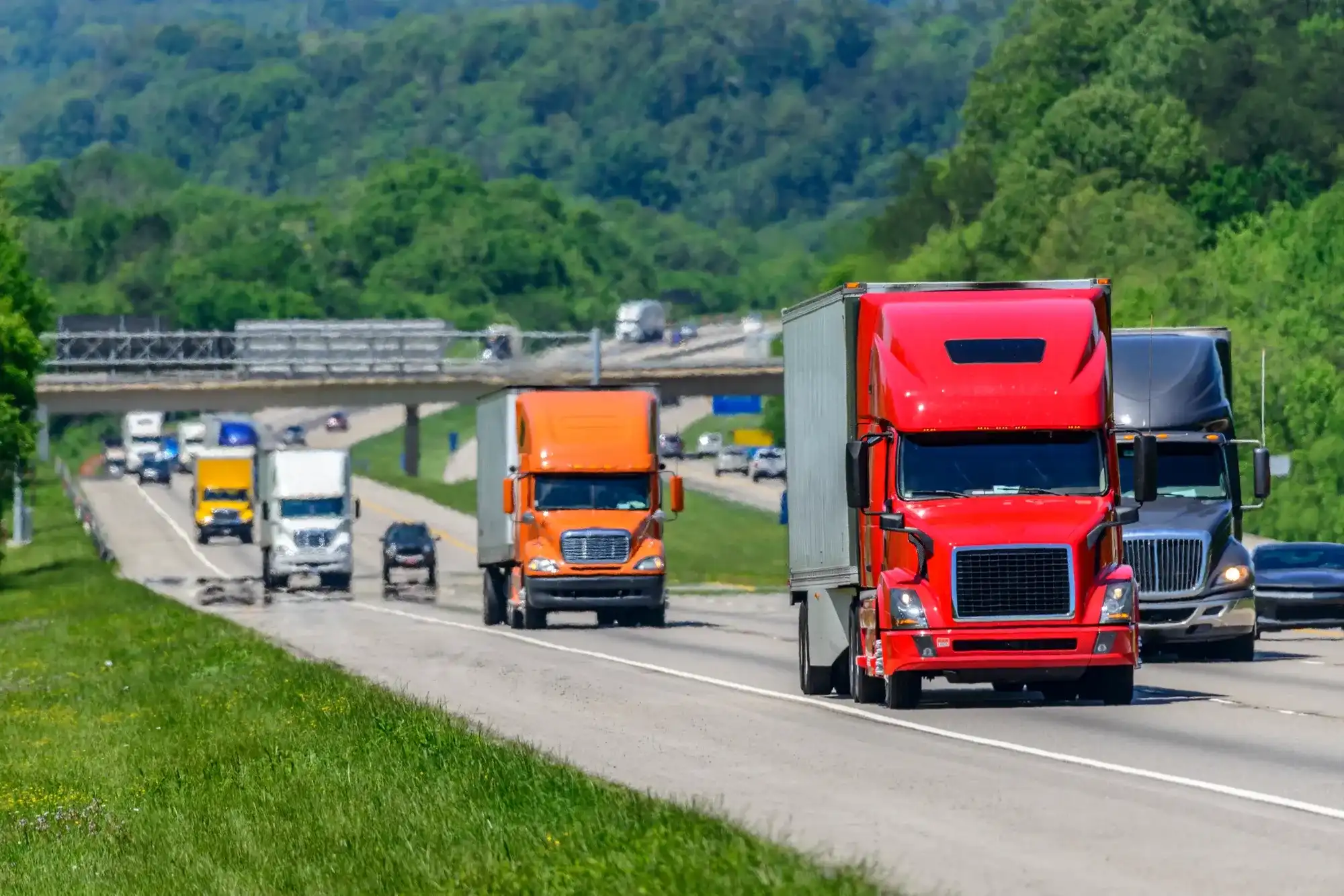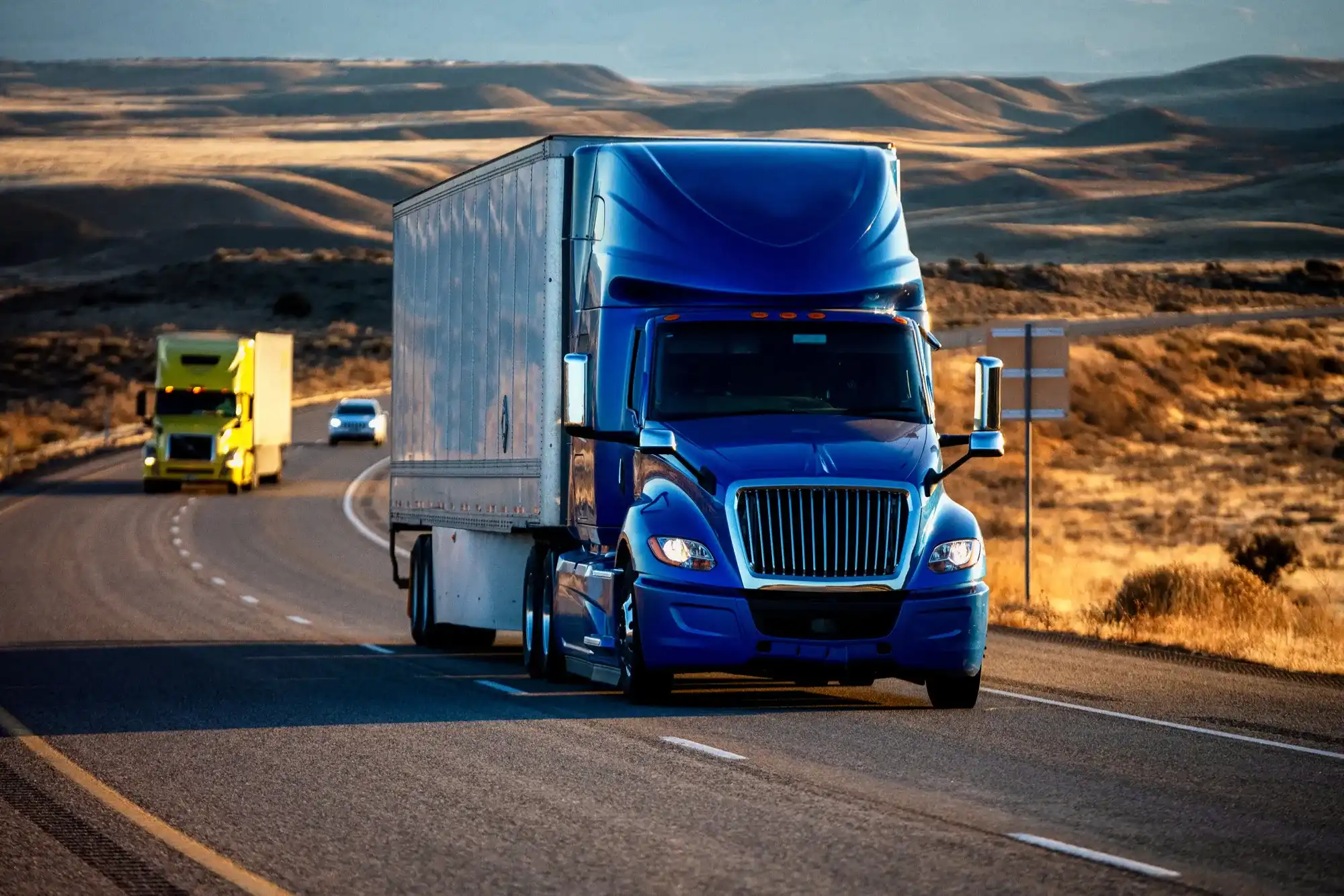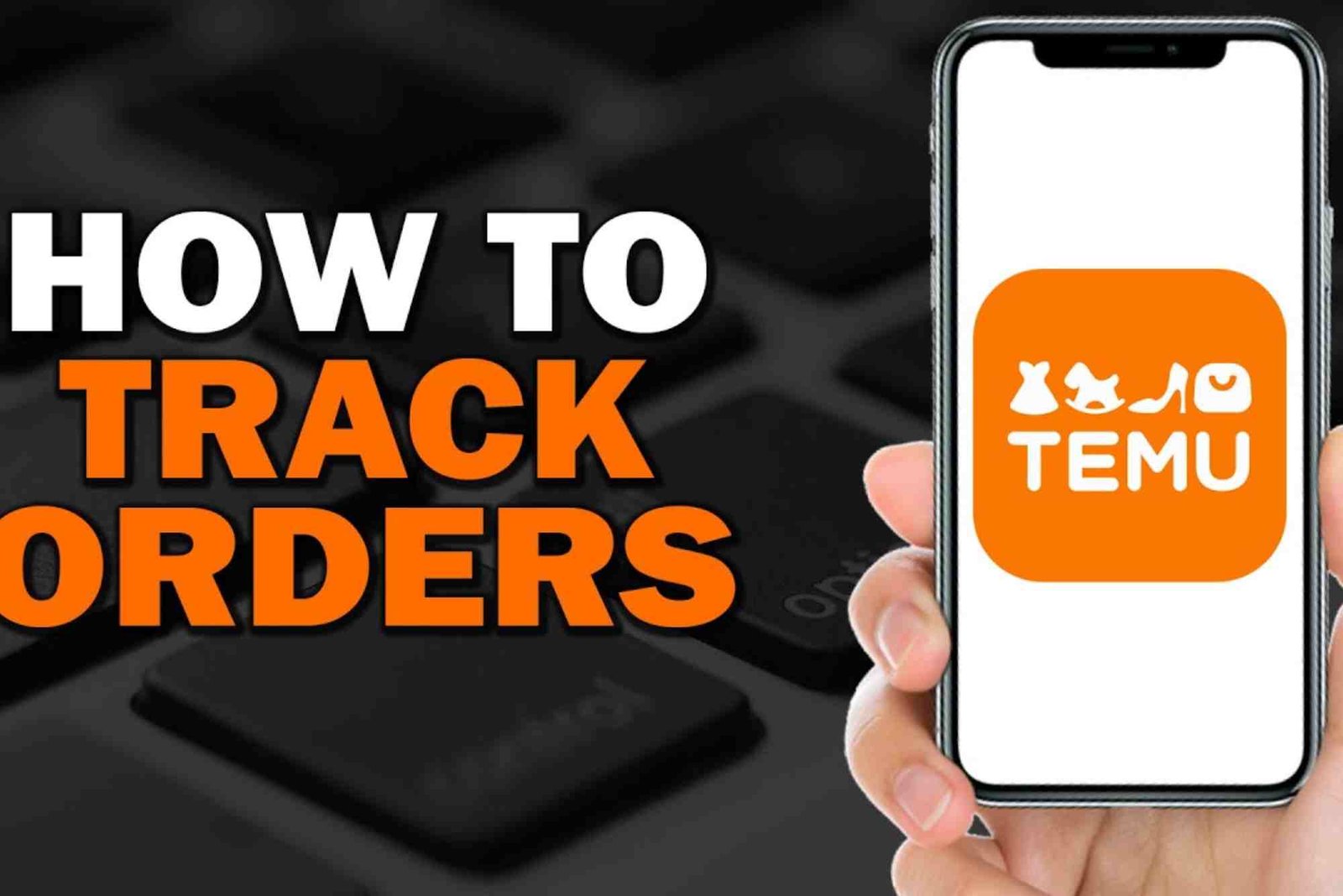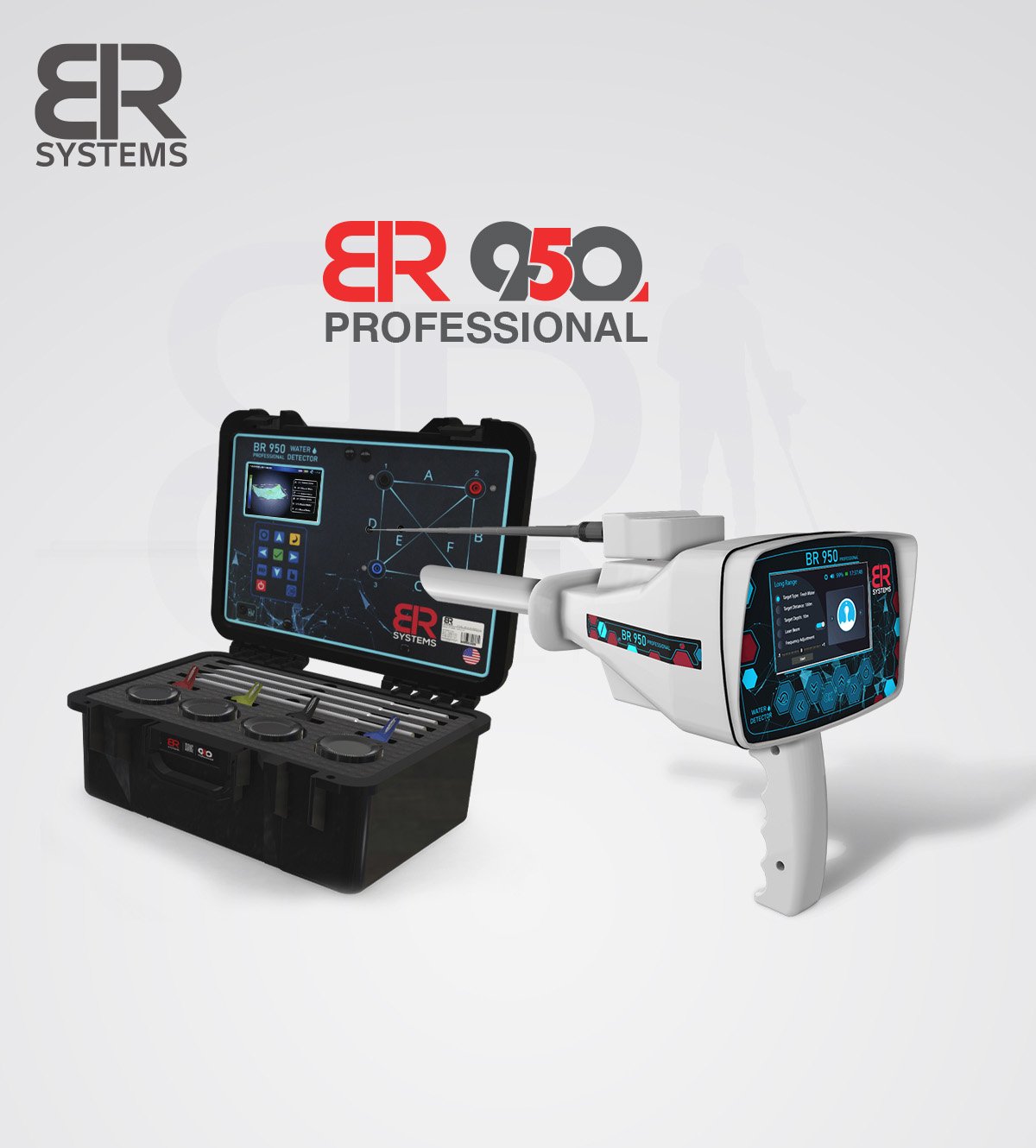Truck transportation services play a critical role in the movement of goods and materials across vast distances. Whether you’re a small business owner shipping products locally or a large corporation needing cross-country freight, trucks offer flexible and efficient solutions. This article delves into the various truck transportation services, highlighting their benefits, types, and the industries they serve.
Table of Contents
- Introduction to Truck Transportation Services
- Types of Truck Transportation
- Benefits of Truck Transportation Services
- Industries Relying on Truck Transportation
- Choosing the Right Truck Transportation Service
- Key Factors Affecting Truck Transportation Costs
- How Technology Enhances Truck Transportation
- Conclusion
- Frequently Asked Questions (FAQs)
Introduction to Truck Transportation Services

Truck transportation is the backbone of the logistics industry, facilitating the seamless movement of goods across various terrains. With trucks accounting for over 70% of all freight transported in the U.S. alone, it’s evident that this service is indispensable. Trucking offers cost-effective and versatile solutions, whether you’re looking to ship small packages or large, oversized cargo.
The importance of truck transportation services cannot be overstated, as it provides a direct connection between suppliers, manufacturers, distributors, and consumers. Trucks can access locations that other modes of transport (like rail or air) may find difficult or impossible to reach.
Types of Truck Transportation
Truck transportation services can be classified into several categories, each tailored to specific needs and types of cargo. Here’s a breakdown of the most common types:
| Type of Service | Description |
|---|---|
| Full Truckload (FTL) | Ideal for large shipments that can fill an entire truck. |
| Less than Truckload (LTL) | Best suited for smaller shipments that don’t require a full truckload. Multiple shippers share the same truck. |
| Flatbed Trucking | Used for transporting oversized or irregularly shaped goods like construction materials. |
| Refrigerated Trucking (Reefer) | Necessary for temperature-sensitive goods such as perishable foods and pharmaceuticals. |
| Dry Van Trucking | The most common form, used for non-perishable goods like textiles and electronics. |
| Hazardous Materials (HAZMAT) Trucking | Specialized for transporting dangerous goods, requiring certified drivers and vehicles. |
Understanding these categories will help you choose the right service for your specific needs. Each type of truck transportation service offers distinct advantages depending on the cargo, delivery timeline, and budget.
Benefits of Truck Transportation Services
Truck transportation services offer a range of benefits, which makes them a popular choice for businesses and individuals alike. Here are some of the primary advantages:
Flexibility
One of the most significant advantages is the flexibility in routes and schedules. Trucks can access both urban and rural areas, ensuring that goods can be delivered to almost any location.
Cost-Effectiveness
Compared to air or rail transport, truck transportation services are more affordable, particularly for short to medium distances. The competitive pricing of trucking ensures that businesses can maintain their supply chains without breaking the bank.
Door-to-Door Delivery
Unlike other transport methods, truck transportation can offer door-to-door services. This is particularly beneficial for businesses that need direct shipments to clients, warehouses, or retail outlets.
Versatility
Trucks can transport a wide range of goods, from perishables to hazardous materials, oversized equipment, and standard consumer products. This versatility makes trucks an essential part of the supply chain for various industries.
Industries Relying on Truck Transportation
Several industries depend heavily on truck transportation services to operate efficiently. Here are some of the key sectors:
- Retail: The retail industry relies on timely deliveries of products, making trucks vital for restocking stores and distribution centers.
- Construction: Trucks transport materials such as concrete, steel, and lumber to construction sites.
- Healthcare: The medical sector uses refrigerated trucks to deliver medicines, vaccines, and other temperature-sensitive products.
- Manufacturing: Factories and assembly plants use truck transportation to move raw materials and finished goods.
- Agriculture: Farmers rely on trucks to transport produce from farms to markets, warehouses, and food processing centers.
Each industry has unique requirements, and truck transportation services cater to these needs by offering specialized options like refrigerated or flatbed trucks.
Choosing the Right Truck Transportation Service

Choosing the right truck transportation service is crucial for ensuring the safe and timely delivery of goods. Here are some factors to consider:
Type of Goods
Different types of goods require different trucking solutions. For example, perishable goods require refrigerated trucks, while construction equipment may need a flatbed.
Distance
The distance between the pickup and delivery points will determine whether you need a full truckload (FTL) or less-than-truckload (LTL) service.
Budget
It’s essential to balance service quality with cost. LTL shipments are generally more affordable but may take longer to deliver due to shared space with other shipments.
Urgency
For urgent shipments, some trucking services offer expedited options. However, these come at a higher cost.
Tracking and Visibility
Modern trucking companies offer real-time tracking systems, which give you full visibility over your shipment, enhancing security and accountability.
Key Factors Affecting Truck Transportation Costs
Several factors can influence the cost of truck transportation services. Understanding these can help you plan your shipping budget more effectively:
Fuel Prices
Fluctuating fuel costs directly impact trucking rates. Many carriers impose fuel surcharges when gasoline prices rise.
Weight and Size of Shipment
Larger or heavier shipments require more fuel and may need specialized trucks, increasing overall costs.
Distance
Longer distances incur higher costs, especially when crossing state or country borders where different regulations may apply.
Type of Cargo
Specialized cargo, such as hazardous materials or temperature-sensitive goods, requires more safety measures and may lead to higher rates.
Seasonal Demand
Certain times of the year, such as holidays or harvest seasons, increase the demand for trucking, driving up prices due to limited truck availability.
How Technology Enhances Truck Transportation
In recent years, technology has greatly improved the efficiency and reliability of truck transportation services. Some of the most notable advancements include:
Real-Time Tracking
GPS and telematics systems enable both customers and logistics managers to track shipments in real-time, ensuring transparency and accountability.
Automated Scheduling
Automation tools help optimize routes and schedules, reducing delivery times and lowering costs.
Electric Trucks
With an increased focus on sustainability, electric trucks are emerging as a cleaner alternative to traditional diesel-powered vehicles, reducing the environmental impact of the trucking industry.
Blockchain
Blockchain technology is being used to enhance security in the supply chain, ensuring that shipments are tamper-proof and that all transactions are transparent.
Truck transportation services remain an essential part of modern logistics. Their versatility, cost-effectiveness, and ability to deliver goods directly to clients make them a preferred choice for many industries. Whether you’re shipping locally or across borders, understanding the various services, their benefits, and the factors affecting costs will help you make informed decisions. With the continued integration of technology, truck transportation is set to become even more efficient and reliable in the future.
Frequently Asked Questions (FAQs)
What are the main types of truck transportation services?
The main types of truck transportation services include Full Truckload (FTL), Less Than Truckload (LTL), Flatbed trucking, Refrigerated trucking, Dry Van trucking, and Hazardous Material (HAZMAT) trucking.
How do I choose the right truck transportation service for my needs?
Consider the type of goods, the distance, your budget, and the urgency of the shipment. Specialized cargo like perishables or oversized items may require specific types of trucks.
What factors affect the cost of truck transportation services?
The key factors influencing costs include fuel prices, the size and weight of the shipment, the distance to be traveled, the type of cargo, and seasonal demand.
How does technology improve truck transportation?
Technology enhances truck transportation through real-time tracking, automated scheduling, electric trucks, and blockchain for secure and transparent transactions.
What industries rely on truck transportation services?
Industries such as retail, construction, healthcare, manufacturing, and agriculture heavily rely on truck transportation services to move goods efficiently.










